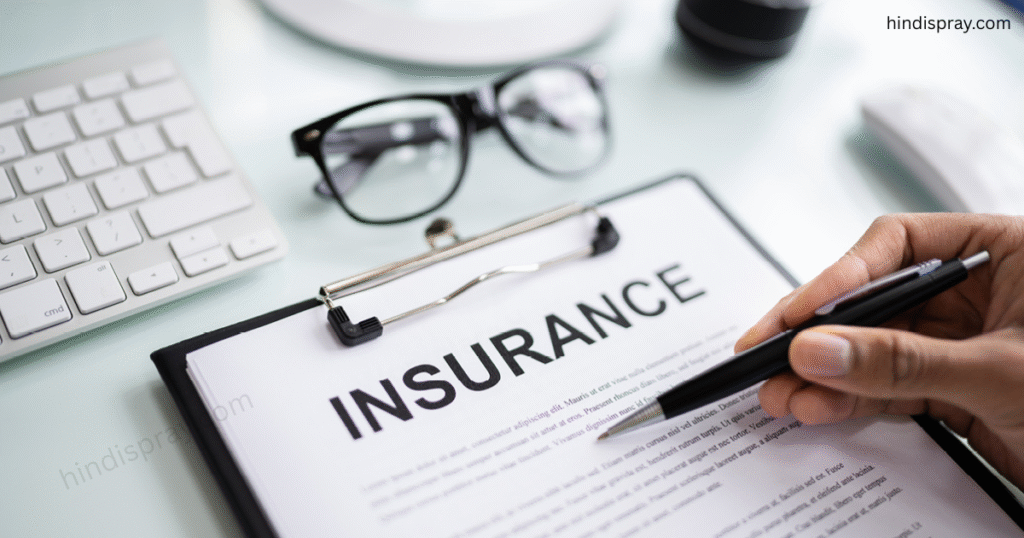Filing an insurance claim can be a stressful and often complex process. Whether it’s for a car accident, property damage, or a health-related incident, the ultimate goal is to receive a fair and timely payout. However, many people miss out on compensation due to common mistakes, overlooked details, or poor documentation.
This comprehensive guide outlines 10 expert insurance claim tips that can help you navigate the process effectively and ensure you get the maximum payout you’re entitled to. These strategies apply to a wide range of insurance types including auto, home, health, and renters insurance.
1. Understand Your Policy Inside Out
Know What’s Covered
Before filing a claim, thoroughly review your insurance policy. Understand your coverage, limits, exclusions, and deductibles. This clarity will help you set realistic expectations and prevent misunderstandings.
Key Elements to Review
- Coverage limits
- Excluded perils or conditions
- Deductible amounts
- Claim submission procedures
2. Document Everything Immediately
Collect Evidence
Right after an incident, start documenting as much as possible. This includes photos, videos, witness statements, and official reports.
Examples of Important Documentation
- Date and time of the incident
- Photos of damage or injuries
- Receipts or invoices for damaged or lost items
- Police or fire department reports
3. Notify Your Insurer Promptly

Time-Sensitive Reporting
Most insurance companies have deadlines for when a claim must be filed after an incident. Reporting delays can jeopardize your payout or even void your claim.
Provide Accurate Information
Be honest and thorough when reporting the incident. Misrepresenting details can lead to claim denial.
4. Keep a Insurance Claim Tips Diary
Track Communication
Maintain a log of all interactions with your insurer, including phone calls, emails, and letters.
Record Important Details
Include dates, names of representatives, and summaries of conversations. This information can be invaluable if disputes arise.
5. Mitigate Further Damage
Take Preventive Measures
Once damage has occurred, you are typically required to prevent additional loss. For example, if a pipe bursts, turn off the water and begin cleanup.
Keep Receipts
Document any emergency repairs or temporary measures taken and keep all receipts. These expenses may be reimbursable.
6. Get Independent Estimates
Verify Damage Value
Don’t rely solely on the insurer’s adjuster. Obtain your own estimates from licensed contractors or professionals for repairs or replacement.
Why It Helps
Independent assessments provide leverage if you need to dispute the insurer’s valuation of your claim.
7. Be Strategic with the Adjuster
Prepare for the Visit
When the insurance adjuster comes to assess the damage, be ready. Present organized documentation and accompany them during the inspection.
Remain Professional
Be polite but assertive. Don’t exaggerate claims but ensure all damage is pointed out and documented.
8. Understand Depreciation vs. Replacement Cost
Know Your Payout Type
Some policies pay the actual cash value (ACV), which considers depreciation, while others offer replacement cost value (RCV), which covers the cost of replacing items without depreciation.
Clarify Policy Details
Understanding this distinction helps you know what to expect and prepares you to dispute undervalued assessments.
9. Don’t Accept the First Offer Blindly

Review and Respond
Insurance companies often start with a lower offer. Review it carefully and, if needed, challenge it with additional documentation and independent valuations.
Negotiate When Necessary
If your documentation supports a higher amount, don’t hesitate to negotiate. You’re entitled to a fair payout.
10. Consider Professional Help if Needed
Hire a Public Adjuster
Public adjusters work on your behalf to manage the claim and negotiate with the insurer. They’re especially helpful for large or complex claims.
Consult an Attorney
In cases of claim denial or bad faith practices, legal advice can be beneficial. An attorney can help you understand your rights and options.
Also Read: Insurance Without Medical Exam: What You Need To Know
Conclusion
Insurance claims don’t have to be a frustrating experience. With preparation, attention to detail, and a proactive approach, you can significantly increase the chances of receiving a fair and full payout. Start by understanding your policy, document everything thoroughly, and don’t be afraid to advocate for yourself throughout the process. Whether you’re handling a minor loss or a major catastrophe, these ten tips will help you maximize your claim and avoid common pitfalls.
FAQs
1. What should I do first after experiencing a loss or damage?
Immediately ensure safety, then document the damage with photos or videos. Contact your insurer to initiate the claims process as soon as possible.
2. How long does it take to receive a payout?
It depends on the complexity of the claim and how quickly documentation is provided. Simple claims may be settled in days; complex ones can take weeks or even months.
3. Can I dispute a denied or undervalued claim?
Yes. You can appeal the decision, submit additional evidence, and even seek help from a public adjuster or attorney.
4. Is it okay to make temporary repairs before the adjuster visits?
Yes, if necessary to prevent further damage. Just be sure to document the condition beforehand and keep all repair receipts.
5. What if my policy doesn’t cover all my losses?
You may need to absorb some costs personally. However, check if any endorsements or riders apply, and explore whether other policies (e.g., umbrella insurance) offer supplemental coverage.

